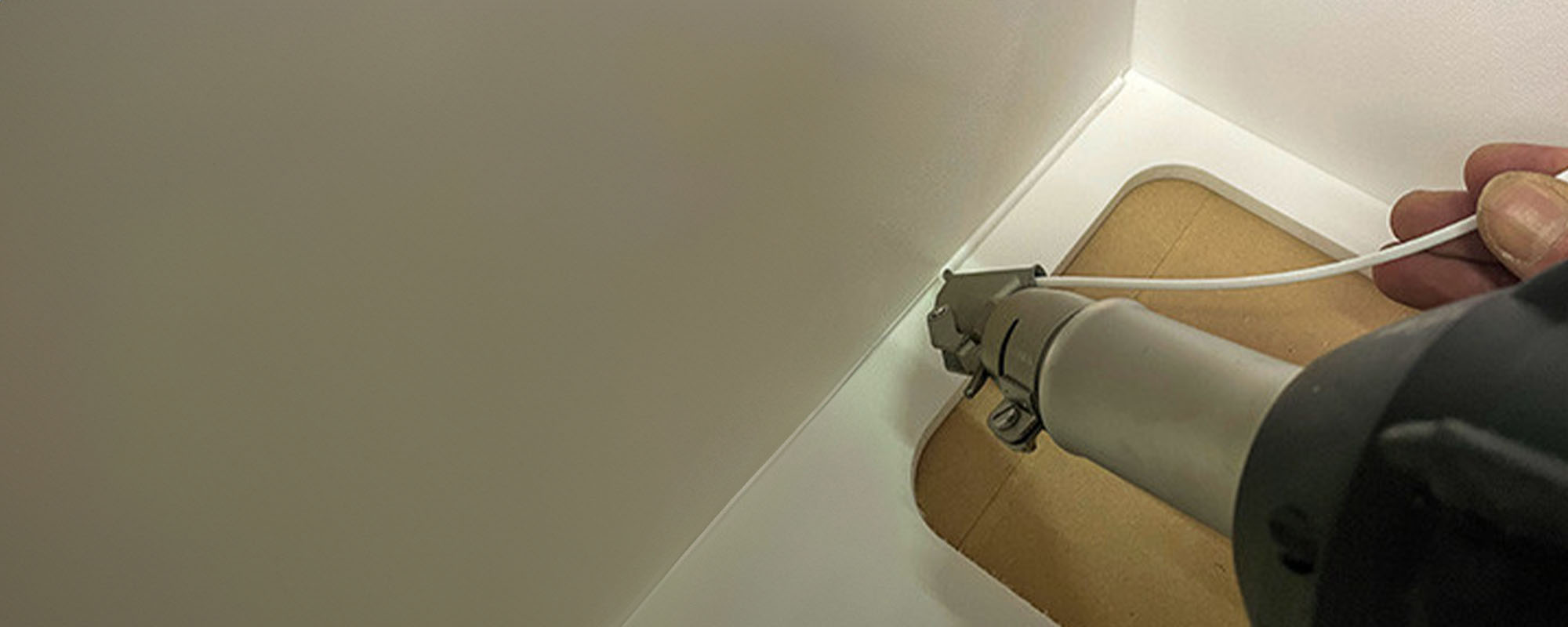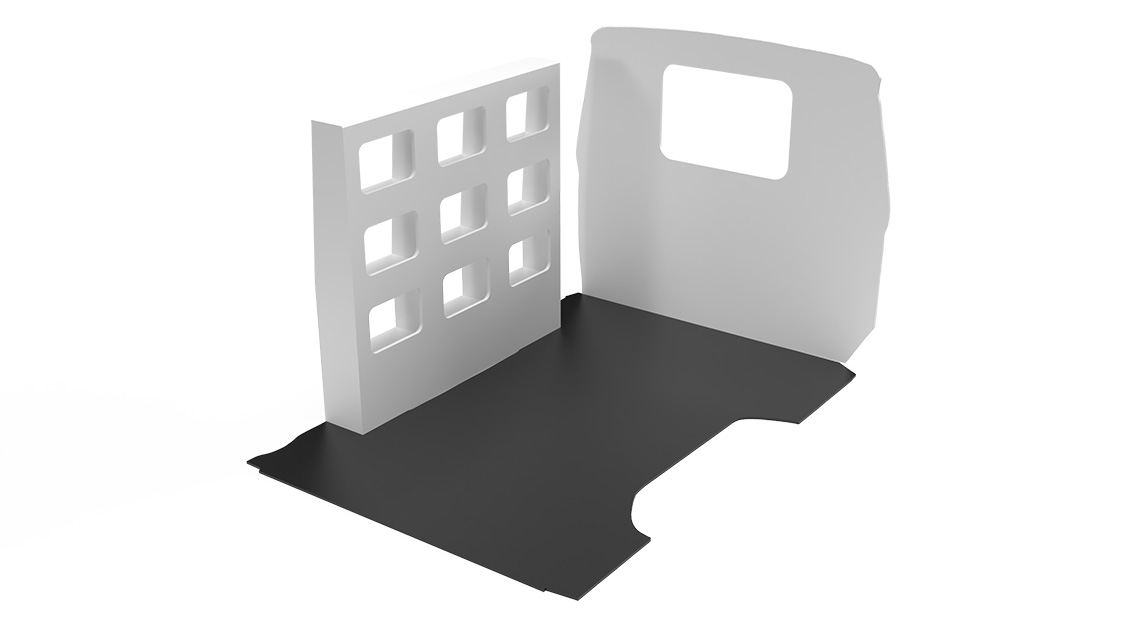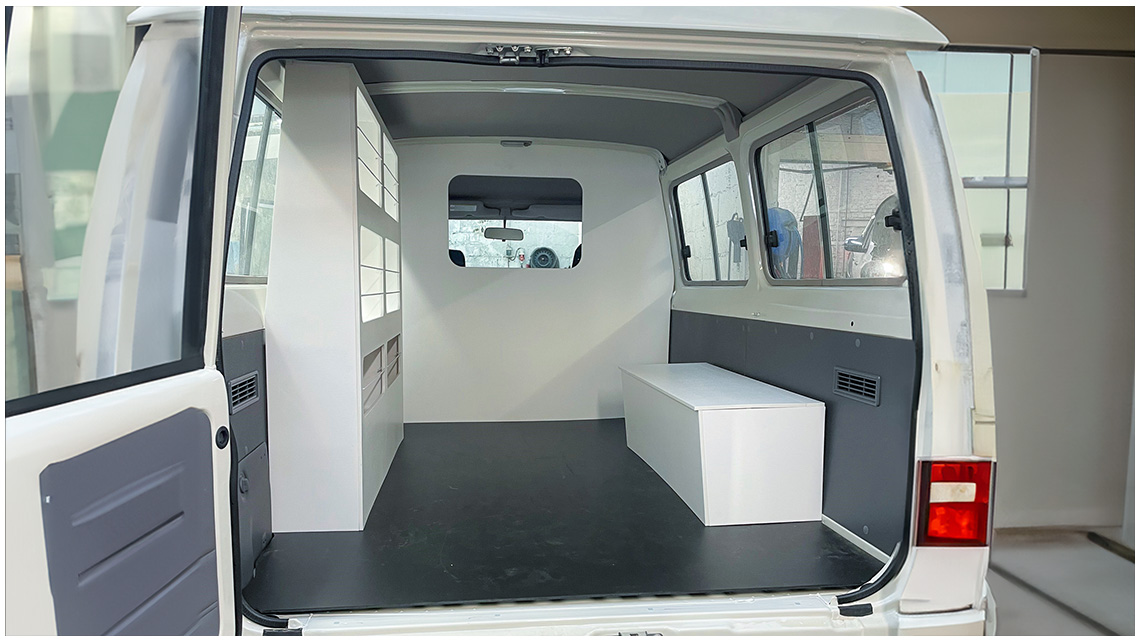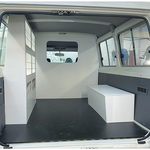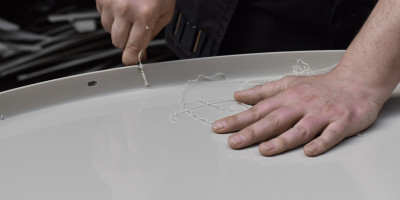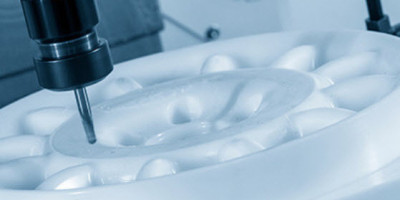Non-contact blow thermoforming is an extremely efficient technology for manufacturing transparent...
Welding
Hot air plastic welding and sheet metal work are plastic assembly techniques that deserve serious consideration. They transcend simple fusion to offer a high-precision assembly solution for a variety of demanding industrial applications. Like any professional tool, these methods require a deep understanding of how they work. Plastisart, a company specialising in plastic processing in Belgium and France, has extensive expertise in this field.
Some images of our plastic welding and boilermaking service
Discover our service in pictures:
Plastic welding and sheet metal work: the art of precision assembly
The process begins with careful preparation of the parts to be assembled. Every detail counts: cleanliness, precise alignment and the complete absence of contaminants are essential. A weld bead, made from the same material as the parts to be joined, is inserted between them. Then, the crucial element comes into play: the hot air gun. By heating the joint area, the weld bead and the surface of the parts melt.
The heating process causes the materials to fuse, creating a homogeneous bond. Pressure is applied to hold the parts together during cooling. This phase is crucial, as it is when solidification occurs, ensuring a durable and watertight assembly.
The concrete advantages of this plastic assembly technique
The advantages of this technique are undeniable. It produces strong, watertight and durable joints. Its versatility is demonstrated by its compatibility with a wide range of plastic materials, from PVC to polypropylene and all types of polyethylene.
In conclusion, hot air plastic welding is an essential assembly technique. It offers high-quality joints that are suitable for a variety of demanding applications. If you are looking for a reliable solution for plastic assembly, this professional method is worth considering. It is synonymous with precision and durability.
Possible applications of plastic welding
- Assembly of plastic tanks and containers: Plastic welding is commonly used in industry to create storage tanks for chemicals, liquids and fuels, as well as containers for various applications.
- Manufacture of technical plastic products: Specific products such as plastic medical furniture and technical components are manufactured using this assembly technique.
- Assembling medical equipment: It is used to create housings for medical devices and components for laboratory equipment.
- Interior fittings for specialised vehicles: Plastic welding is used to create customised fittings for the interiors of specialised vehicles such as ambulances, providing tailor-made solutions for transporting medical and emergency equipment.
Materials used in plastic welding
- Polypropylene:
- Properties: Polypropylene is lightweight, impact-resistant, and flexible, and offers good tensile strength. It is also moisture-resistant.
- Chemical resistance: It is generally resistant to dilute acids, bases, and many organic solvents. However, it can be attacked by chlorinated solvents.
- Foamed polypropylene (Foamalux, Vikufoam):
- Properties: Foamed polypropylene is lightweight, rigid and offers good thermal insulation. It is commonly used for applications where light weight is essential.
- Chemical resistance: It generally has similar chemical resistance to standard polypropylene, although this may vary depending on the formulation.
- Polyethylene (HDPE, HMPE, LDPE):
- Properties: Polyethylene is known for its abrasion resistance, flexibility and impact resistance. The different variations (HDPE, HMPE, LDPE) offer specific characteristics in terms of strength and density.
- Chemical resistance: HDPE is generally resistant to most acids and bases, but may be sensitive to solvents. HMPE is even more resistant to chemicals. LDPE is less resistant to certain chemicals than other types of polyethylene.
- PVC (Polyvinyl Chloride):
- Properties: PVC is rigid, durable and can be modified to meet various needs, particularly in terms of rigidity and flexibility.
- Chemical resistance: PVC is resistant to many acids and bases, but may be sensitive to organic solvents. It is essential to consider the type of PVC (rigid PVC or flexible PVC) and its stabilising additive when assessing its specific chemical resistance.
It is important to note that the chemical resistance of plastics can vary depending on their composition and processing. Before choosing a material for plastic welding, it is recommended to consult the technical data for the material and carry out tests to check its compatibility with the specific chemicals to which it will be exposed in the intended application.
Contact our team of plastic welding professionals in Belgium and France
If you have any questions, contact our team of specialists who are at your service. You can reach us by phone or via the online form.

